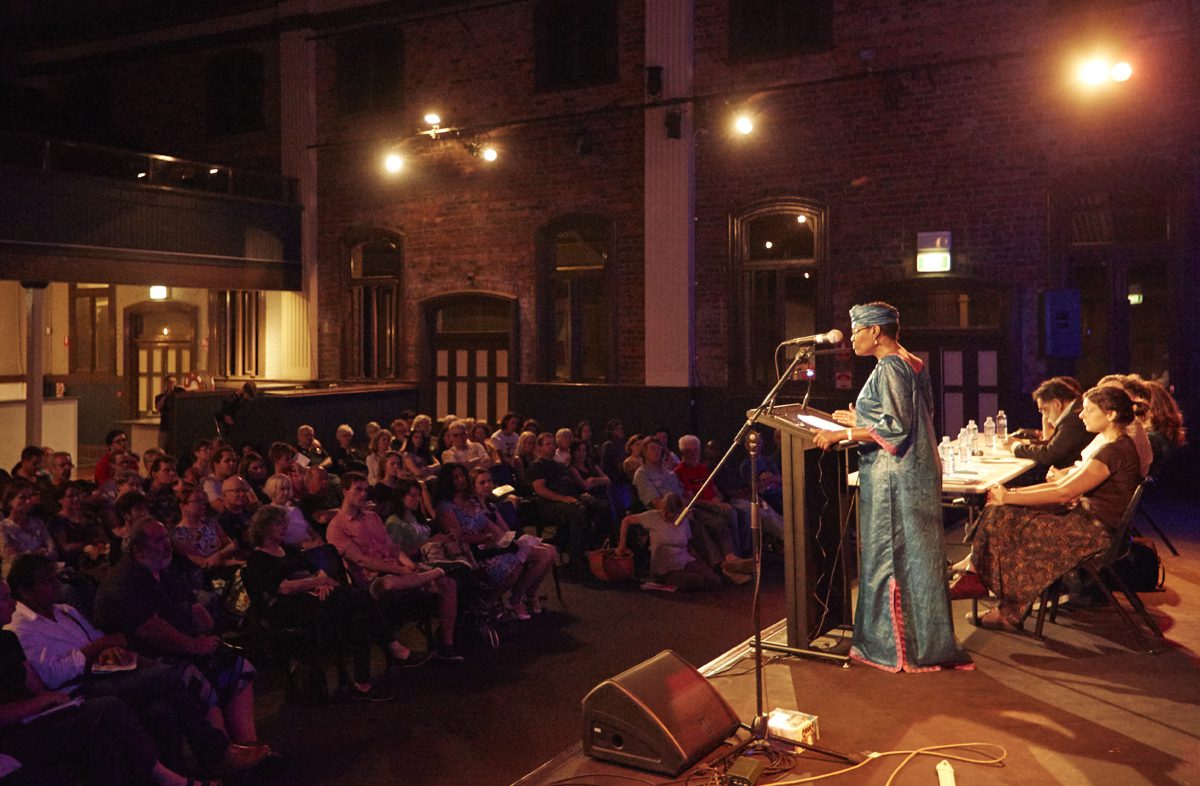Winnie Byanyima, Executive Director, Oxfam International
The two great challenges of our time — inequality and climate change — are threatening to undermine the efforts of millions of people to escape poverty and hunger. By concentrating wealth and power in the hands of a few, inequality robs the poorest people of the support they need to improve their lives.
And as climate change devastates crops and livelihoods, it undoes poor people’s efforts to feed their families.
Earlier this year, Oxfam unveiled a shocking statistic: Just 85 rich individuals held more wealth than the poorest half of the world’s population – 3.5 billion people. As we said at the time, these 85 people could fit on to just one bus.
Our new research has revealed that the richest 85 people saw their collective wealth increase by $668 million per day between 2013 and 2014 – almost half a million dollars every minute.
Meanwhile, climate change is no longer just coming. It’s here already. As temperatures rise, extreme weather events are becoming more frequent and more severe.
Communities are already feeling the impacts of climate change, from rising sea levels and coastal erosion in the Pacific Islands, to longer and more intense droughts across many parts of Africa.
Nearly a billion of the world’s poorest people – people who did the least to cause climate change – are finding it even harder to feed their families.
And nearly a billion of the world’s poorest people – people who did the least to cause climate change – are finding it even harder to feed their families.
Australia, where the G20 is taking place, has paid a high price: a 13-year drought, the unprecedented bushfires of 2009 and the recent devastating floods in Queensland and Victoria.
As climate change destroys livelihoods and infrastructure, devastates crops, and leaves millions hungry – it undoes people’s efforts to climb out of poverty.
These are huge challenges.
The G20 are a group of leaders who represent around 85% of global gross national product and 75% of world trade. This gives them unrivalled policy influence over their own countries and others. Their decisions directly affect the poorest countries.
That’s why the G20 have a responsibility, and why they cannot afford to ignore the problems of inequality and climate change.
I am here in Australia at the G20 Summit to take the voice of poor people to the powerful.
Oxfam works with communities in more than 90 countries. We see first-hand the effects of poverty, inequality and climate change. I am here in Australia at the G20 Summit to take the voice of poor people to the powerful.
We have had some welcome news ahead of this summit: An agreement between the US and China of new greenhouse gas emissions reduction targets, and that the United States will make a substantial pledge to a fund to help poor countries fight climate change.
Now, we want the G20 to make progress towards agreement on recognising the need for policies that tackle inequality and help deliver inclusive and sustainable growth.
A consensus is growing: inequality and climate change needs to be urgently addressed, and G20 leaders are in a position to turn the tide.
Click here to view live updates from the summit




